Complexities of an Island.
ISLA has many supporters
PdVSA is also state owned and contributes $ 1,4 billion last year to social projects of the Venezuelan president Maduro.
The Venozolean company PdVSA that exploits the refinery ISLA can count on many friends in Curacao. Yesterday many employees of the PdVSA protested in front of the court house to show their support for theISLA. In the court the judge was asked to rule against the 75 million claim on the ISLA by organisation SMOC, foundation for clean air in Curacao. The organisation states that in 2013 independent research shows that ISLA has polluted more than allowed and has to pay the agreed fine.
The petition for the court was not only backed by the state owned company ISLA, landlord of PdVSA, but also by the Curacao government and the highest representation of the country. Outside the employees were waving Curacao flags and singing the national anthem.
The protesters insist on the importance of the ISLA company for Curacao (now 4-6% GDP). Allthough profits of the venezolean state company (100- 250 million AG p/y) go to Venezuela, they pay 20 million AG rent per year and the wages of the 1000 people working there, largely coming form Curacao. This is 1,3% of the working force.
http://www.antilliaansdagblad.com/index.php/nieuws-menu/12243-beslag-blijft
-
SHELL changed everything
When in 1915 royal Shell comes to Curacao to refine Venezolean Crude Oil the Curacao economy was predominantly of trade and agriculture. The polulation was 40.000. In the hayday of the refinery in 1950 20.000 people worked there and the population of the island had grown to 100.000 inhabitants.
-
Lifestyle
From small independent business to employees of a multinational. From rural life to American styIe consumerism. From Curacao locals to a community with large groups of other nationalities. These are radical changes.
-
SHELL goes PDVSA comes
In 1983 the concession with Venezuela has ended and Shell needs to negotiate a price for crude. On top new environment regulations threaten to come into place. The Venezuela offer is unacceptable and SHELL leaves and offers the refinery to the Curacao state. With the clause that they won't clean up anything ever. Curacao accepts. The Venezolean company PDVSA takes over exploitation. And since then pollution wise nothing has happened.
-
from 40% to 6% GDP and TAX holiday
The importance of the refinery for the economy has shrunk dramatically. This is caused by less employment and less business. As well other sources of income, like tourism, have increased.
The PDVSA company, like SHELL, pays no tax on the oil the have refined because it is shipped in the free zone. -
Asphalt lake
During the second world war much of the kerosine to fly the American planes was produced on Curacao. This productionn proces left a huge amount of tar like left overs. It was dumped in the so called asphalt lake. It is still here today.
-
ISLA : Curacao folkore?
With the relatively small positive effect on the economy, the damage to the environment and the health problems of a significant part of the population isn't it time to consider saying goodbye. And there the emotions kick in: we are the refinery, it is our identity. Well, you can't argue with that. Because it makes no sense it is the toughest argument to beat...
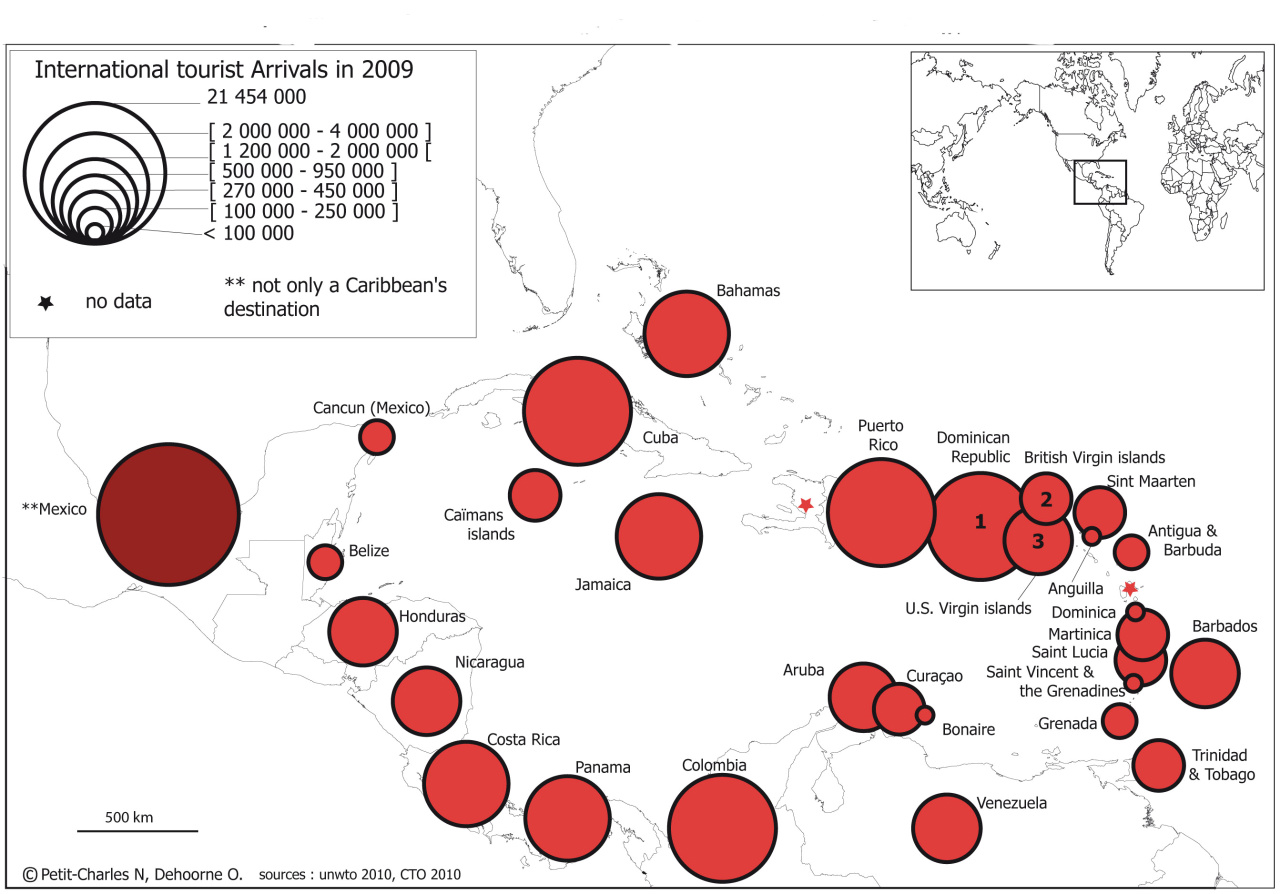
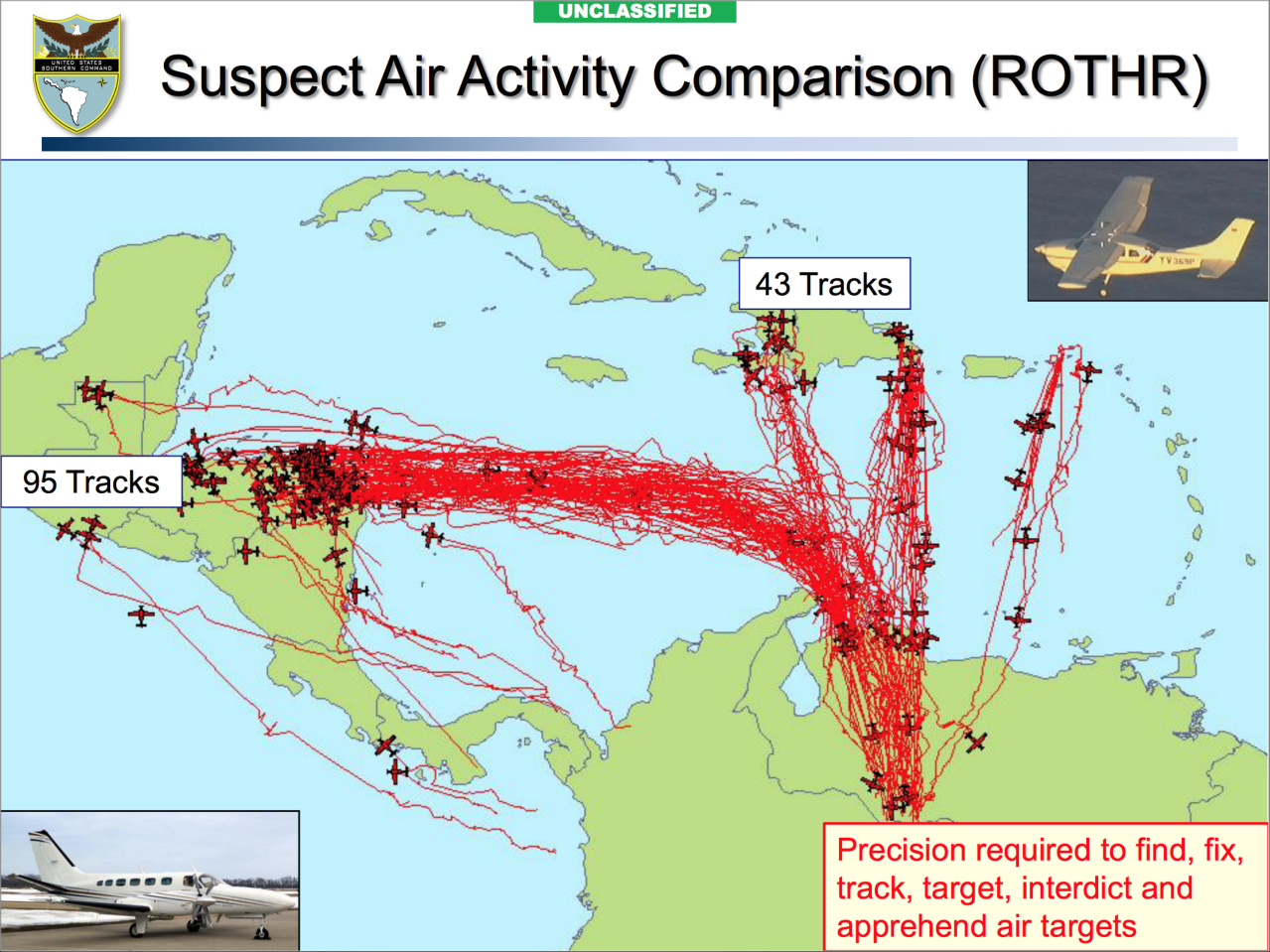
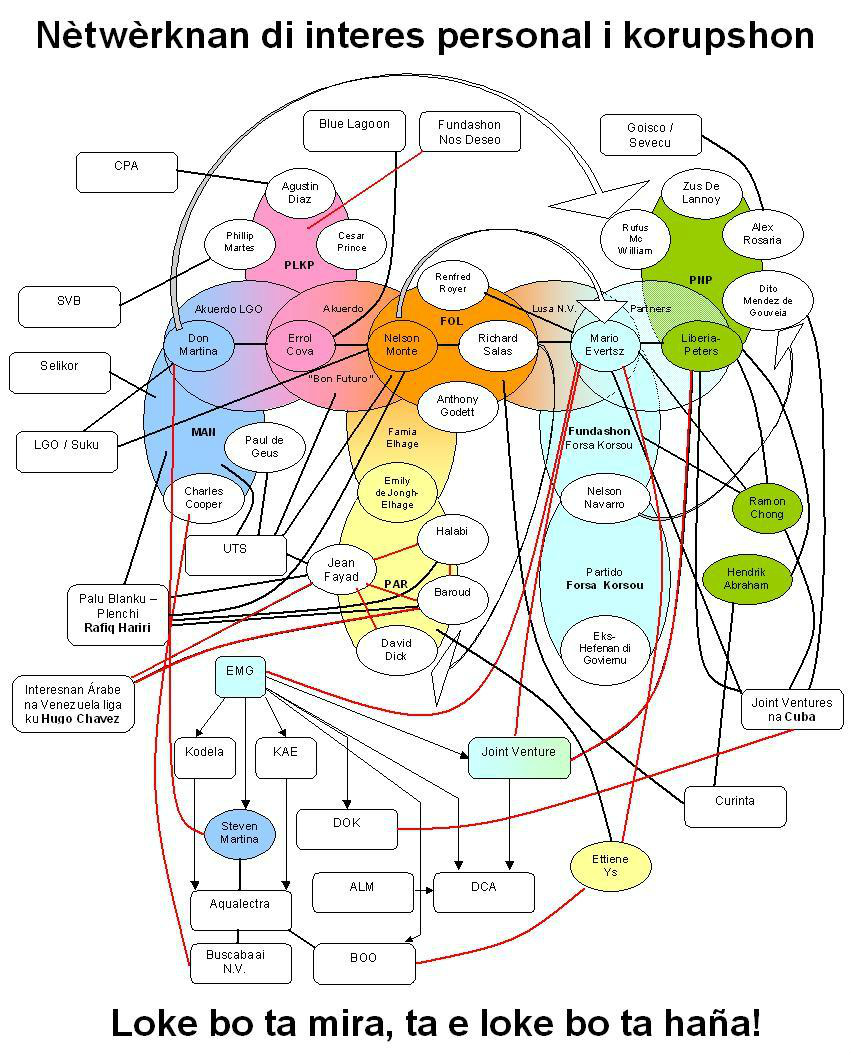
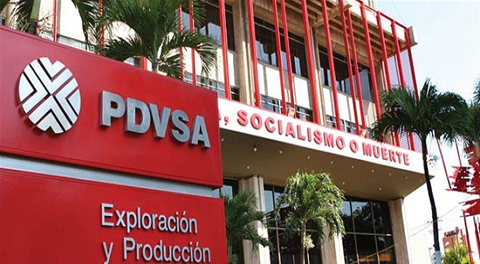
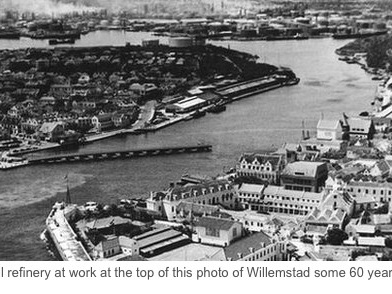
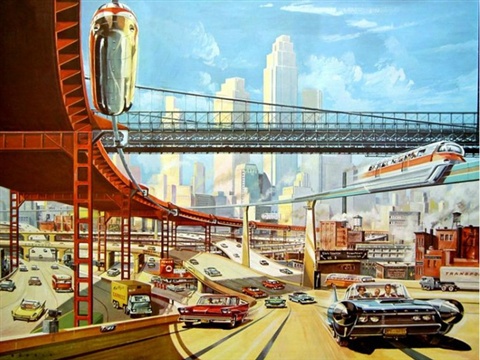
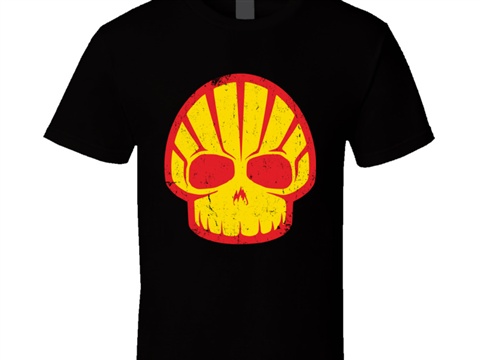
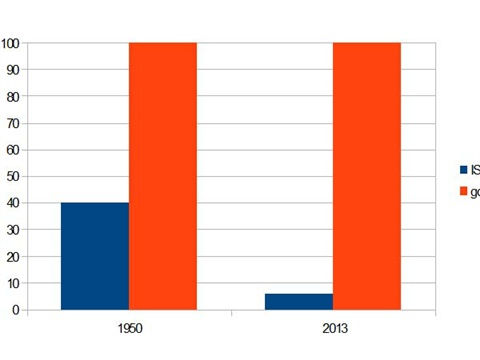
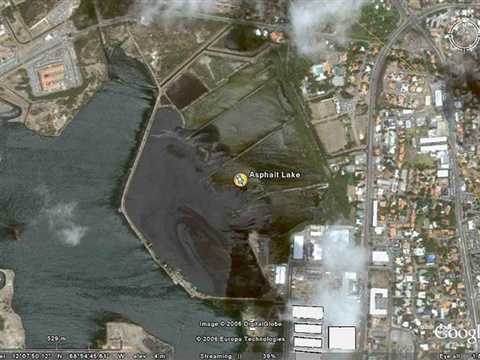
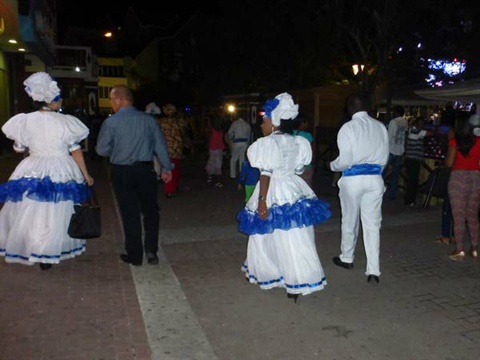
Meest recente reacties
ik zou graag illen weten wie de oudste geborernde in levenzijnde mogonees is
Dag Bart en Klaar!
Wij hebben jullie ontmoet bij de radio uitzending Kunst is Lang.
Ik vroeg me af hoe ik met jullie in contact kan komen in de toekomst! werkt het op deze manier? groet Eva
super trip for you , thank you beri beri much four sharing with us fans.....many greetings and best wishes to you and your loved ones...

Beste Bart en Klaar, Ik verblijf nu op Moengo en ik vroeg me af waar jullie je informatie over stafdorp en happyland etc vandaan hebben gehaald want daar zou ik graag nog meer over lezen! Alvast dank